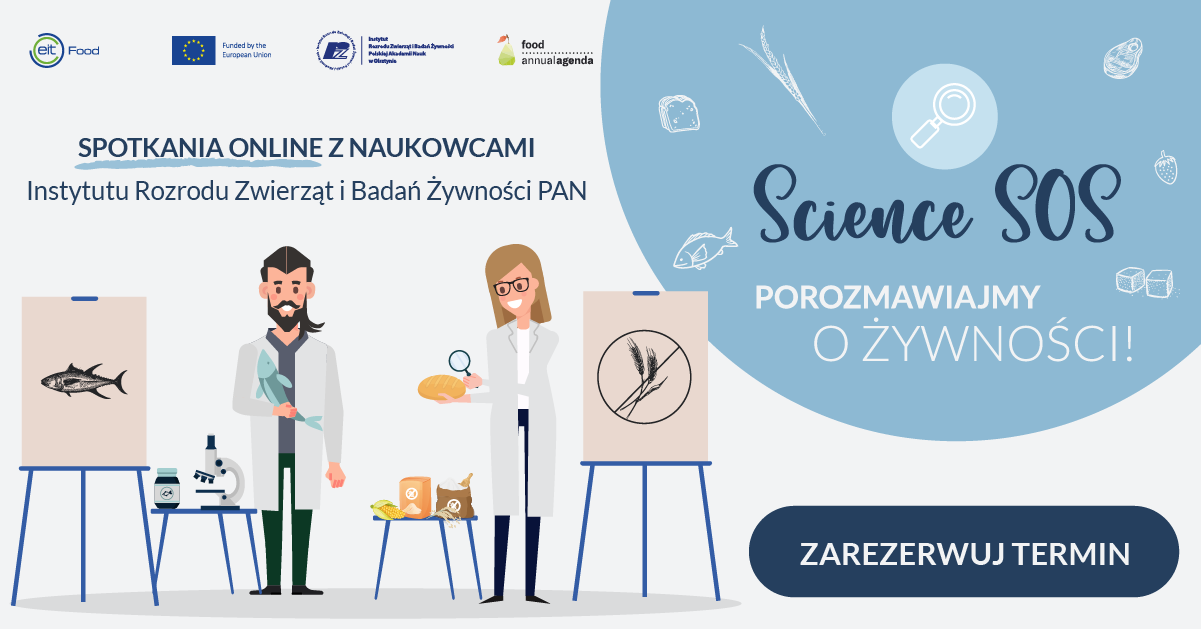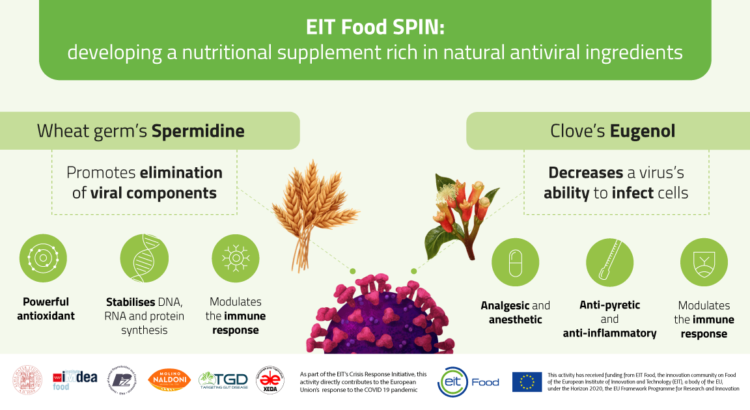Employer
Institute of Animal Reproduction and Food Research, Olsztyn, Poland
Job Description
The Lab of Dr Antonio Galvao is recruiting an experienced research assistant to undertake in vitro/in vivo work in ovarian function in mouse models for maternal obesity. The escalating epidemic of overweight and obesity is a major burden for our health systems. Obesity leads to long-term health problems, such as diabetes, cardiovascular disease or infertility. In the lab we use mouse models and/or in vitro systems of ovarian/follicular culture to study the impact of maternal obesity in ovarian function and oocyte biology. The project investigates particularly the impact of altered leptin signalling in the ovary, a major feature of obese mothers, on the establishment of oocyte epigenome and metabolic regulations in both gamete and surrounding granulosa cells throughout folliculogenesis. The appointed scientist will be responsible for leading small research projects and mainly working closely with other members of the team and supporting them on their projects. The job holder will use mouse and cell based experimental systems to carry out transcriptome, methylome and lipidome analysis. Studies may extend to engineered cell lines to validate new findings.
The majority of the work will be lab based and occasionally with animals (as phenotyping and other procedures). Office work will be necessary, for data analysis and reporting. Considerable amount of work will be also dedicated to lab management, including inventory, ordering and invoicing.
This work will lead to important advances in our understanding of the impact of altered leptin signalling in oocyte epigenome establishment, profiling also metabolic and gene expression changes in granulosa and other underlying mechanisms.
Key areas of responsibility:
- Carrying out high quality research
- Working with the line manager to decide the direction of the project
- Working with colleagues on related projects
- Training more junior lab members
- Reading relevant scientific literature and applying knowledge to advance own work
- Written and oral presentation of work
- Keeping detailed and accurate records
- Administrative tasks supporting the group (proficiency in MS Office)
Person specification: Essential
- BSc with 2 year experience or MSc in protein biochemistry, cell signalling or related biological discipline
- Strong expertise in cell signalling studies
- Substantial experience in mammalian cell culture
- Substantial experience in gene expression analysis (qPCR, WB, IF & IHC)
- Able to understand and communicate in the English to a level appropriate for the position
- Ability to work independently and as part of a team
- Excellent accuracy and attention to detail
- Excellent organisational skills, with good time management
- Excellent interpersonal skills with the ability to communicate with staff at all levels
- Proactive, motivated, showing initiative to move projects forward
- Ability to make independent decisions and solve routine problems
Person specification: Desirable
- PhD in protein biochemistry, cell signalling or related biological discipline
- An aptitude for work with mice
- Experience analysing sequencing data (RNAseq)
- A track record of publishing original research
- Willing to work flexibly at times
- Awareness and understanding of the benefits of an equal and diverse workplace
The post is initially available for 36 months, with the salary range of 57500-70500 PLN / year (brutto), based on experience. Applications will be accepted until 12th of June 2021.
Expected starting date in July-August 2021.
Documents to present with the application:
- Cover letter highlighting the suitability of the candidate to the post (max 2 pages)
- CV (max 6 pages)
- Two reference letters (one of letters must be from the last supervisor/line manager)
For informal questions about the post please contact Dr Antonio Galvao – a.galvao@pan.olsztyn.pl.
For more information, please consult: www.pan.olsztyn.pl
Please include in your application the following, signed statement:
„I agree to the processing of personal data provided in this document for realising the recruitment process pursuant to the Personal Data Protection Act of 10 May 2018 (Journal of Laws 2018, item 1000) and in agreement with Regulation (EU) 2016/679 of the European Parliament and of the Council of 27 April 2016 on the protection of natural persons with regard to the processing of personal data and on the free movement of such data, and repealing Directive 95/46/EC (General Data Protection Regulation)”.
Information clause
According to Art. 12 Para. 1 and 2 of the Regulation (EU) 2016/679 of the European Parliament and of the Council of 27 April 2016 on the protection of natural persons with regard to the processing of personal data and on the free movement of such data, and repealing Directive 95/46/EC (General Data Protection Regulation- hereinafter referred to as GDPR), we would like to inform you that:
- The administrator of your personal data is the Institute of Animal Reproduction and Food Research of the Polish Academy of Sciences in Olsztyn, 10 Tuwima Str., 10-748 Olsztyn, NIP 739-05-04-515, REGON 001289340, phone: +48 89 523 46 86, e-mail: instytut@pan.olsztyn.pl.
- You can contact our Data Protection Officer by e-mail: instytut@pan.olsztyn.pl.
- Your personal data will be processed on the basis of art. 6 par. 1 lit. a general regulation on data protection and the Labor Code – Act of June 26, 1974 (Journal of Laws of 2018, item 108) for recruitment to work at the Institute of Animal Reproduction and Food Research of the Polish Academy of Sciences in Olsztyn .
- Personal data will be kept during the recruitment period.
- You have the right to request the administrator to access your personal data, the right to rectify it, delete or limit the processing and the right to withdraw consent to its processing.
- You have the right to lodge a complaint with the supervisory body, the President of the Office for Personal Data Protection.
- Providing personal data is a statutory requirement and is mandatory due to the provisions of labor law, and is voluntary in the remaining scope.
- Your data will not be processed in an automated way.
- The provision of your personal data is voluntary, but the refusal to provide such data may result in the inability to attend the recruitment process.



